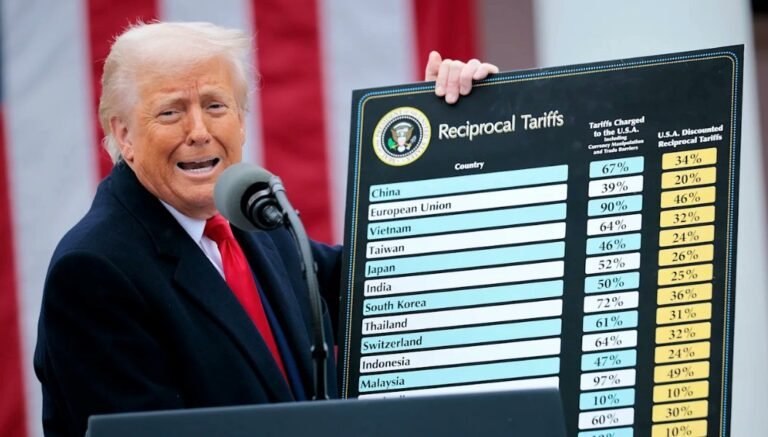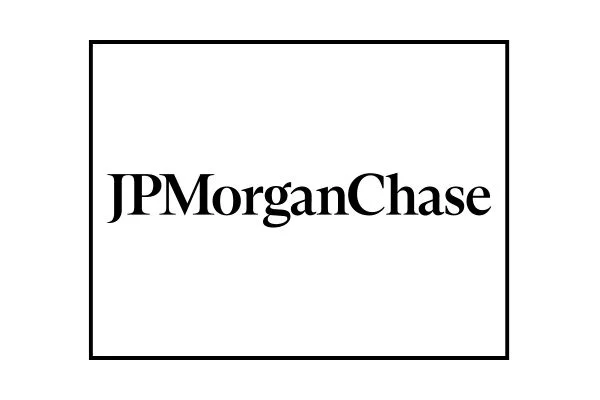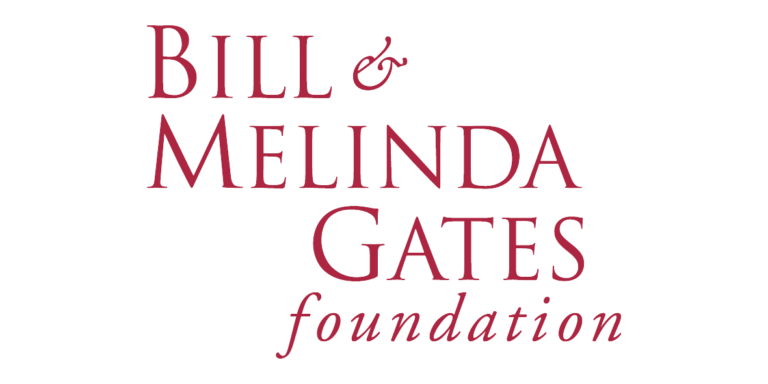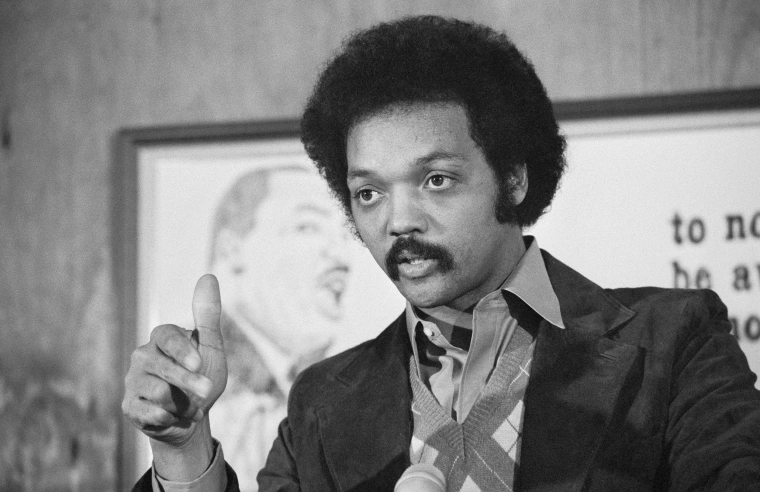Alassane Outtara, Ivory Coast‘s 83-year old president has signified his intention to run for a fourth term as the president of the West African nation.
Outtara who has been in office since 2011, is currently one of Africa’s longest serving presidents and controversially amended the constitution in 2020 to allow him contest a third term.
“I am in good health and eager to continue serving my country,” he stated this in an address to the diplomatic corps in Abidjan, providing the strongest signal yet that he plans to stand again.
Also Read:
Outtara’s Journey to Becoming Ivory Coast President
Outtara became Ivorien president in 2010 after defeating incumbent president, Laurent Gbagbo in a controversial election. Outtara was initially declared the winner of the election by the country’s electoral commission after polling 54 percent of the second round votes, however, the country’s constitutional council declared Gbagbo to be the winner, with 51 percent of the vote citing what it said was evidence of numerous irregularities and discounted a portion of the results.
Laurent Gbagbo was eventually sworn-into office due to the support of the country’s military and top levels of government while Ouattara had himself sworn in as president and formed a parallel government, based in a Abidjan hotel under the protection of UN Peacekeeping Forces. This led to political unrest in the country until Gbagbo was arrested on April 11, 2011, and removed from power.
Outtara was officially sworn in as president on May 6, 2011 with a public inauguration and celebration on May 21 of the same year. In October 2015, Outtara was re-elcted as ivorian president with almost 84 percent of the vote cast in the elections despite there being only a 50% voter turnout and withdrawal from major contenders.
Controversy Over New Constitution
In 2016, Ouattara initiated the process of drafting a new constitution. part of the provisions of the new constitution was the creation of a vice presidential post, to be filled by the president, and the creation of a Senate, two-thirds of which would be indirectly elected by local and regional councillors, with the remaining one-third being appointed by the president.
The constitution was however criticized by members of the opposition who maintained that Ouattara would use the new constitution as an instrument to consolidate power. The new constitution also stipulated that only one parent of a presidential candidate need be of Ivoirian origin, as opposed to the previous controversial rule that both parents be of Ivoirian origin, a requirement that had long been used to prevent Ouattara who had one Burkina-Faso parent and other northerners from standing in elections.
Third Term Agenda
In 2020, Outtara contested a third tenure despite the two term constitutional limit, this decision generated nationwide uproar. He however argued that the new 2016 constitution reset the counter on the two-term limit and, nullified his initial two terms therefore making him eligible to run.
Tensions further soared after the constitutional council disqualified 40 presidential candidates and approved only Ouattara and three others. This made opposition leaders call for a boycott of the election. The boycotted election, held on October 31, resulted in Ouattara being declared the winner, with 94 percent of the vote. Ouattara was sworn in for his third term in December 2020.
Outtara’s decision to contest a fourth term in 2025 is built upon the same premise he used in 2020 which stated the new 2016 constitution voided his first two tenures.
Culture of Sit Tight Presidents in Africa
At 83, Outtara can be seen as just another African leader unwilling to relinquish power despite holding onto it for so long. Equitorial Guinea president, Teodoro Obiang Nguema Mbasogo has been in power since 1979 after overthrowing his uncle, he has since refused to call for elections.
Paul Biya of cameroon who has been in power since 1982 has constantly extended his rule through constitutional amendments and suppressed oppositions allowing him to seek unlimited terms. Yoweri Museveni of Uganda is another African president who has clung unto power since 1986 through constitutional changes and allegations of electoral manipulation.
Denis Sassou Nguesso has ruled the Republic of Congo for a combined 28 years since 1979 first as a military leader before losing power in 1992 and then as a civilian ruler after a civil war since 1997. Isaias Afwerki of Eritrea has been in power for 31 years since becoming the country’s first president at independence, he has refused to conduct an election since then.
Idriss Deby ruled Chad for 31 years before he lost his life in battle in 2021. Robert Mugabe of Zimbabwe, one of Africa’s most controversial leaders ruled the country for 37 years before he was ousted in 2017 after nationwide protests. Omar al-Bashir of Sudan and Hosni Mubarak of Egypt also both ruled for 30 years
If Outtara succeeds with his fourth term agenda, he would be the latest in a string of sit-tight African leaders. His party is however yet to make an official announcement on his candidacy.

























